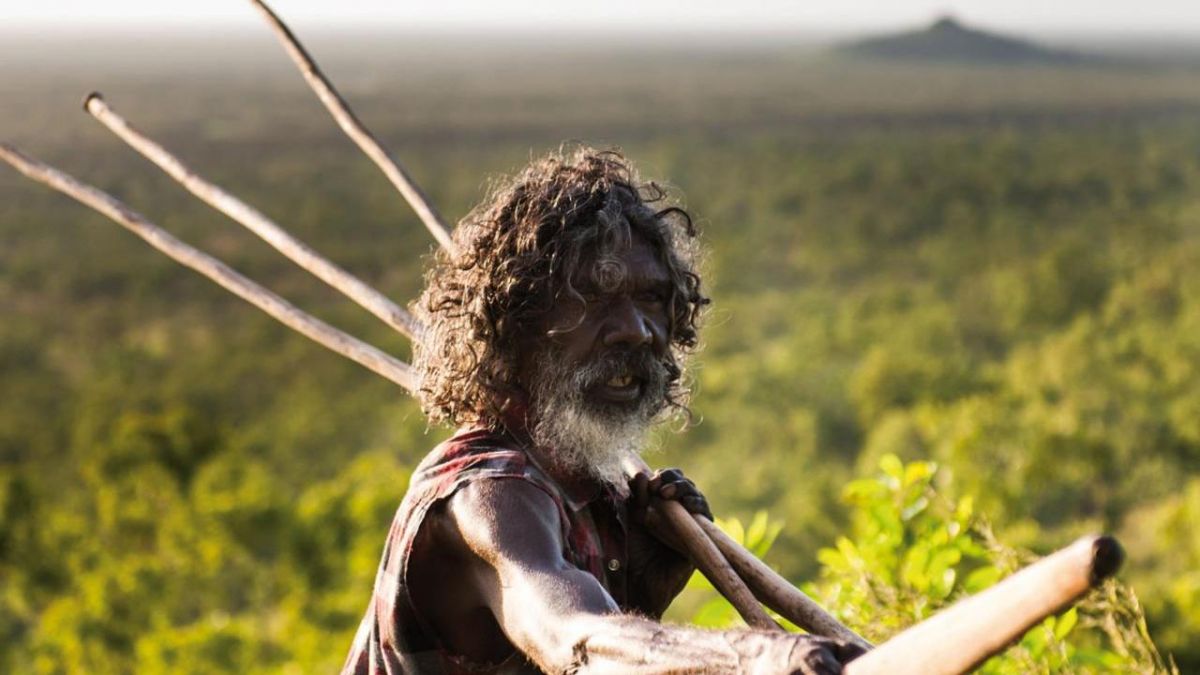One’s home country should be the place where a citizen has their rights, but that’s not the case in Charlie's Country. At times, the film seems like a simple, straightforward depiction of an Aboriginal man living in a Westernized society, but David Gulpilil, who stars and who co-wrote the script, subtly infuses his community’s rage towards a system seemingly made for them to fail. While the pacing might be frustrating for some viewers, it’s quite a palpable way to recreate the community’s frustration as they bump against the arbitrary restrictions placed on them, but it also emphasizes how necessary art has become as one of the few ways to preserve their culture. It’s because of this that Charlie’s Country is unforgettable.
Synopsis
Blackfella Charlie is getting older, and he's out of sorts. The intervention is making life more difficult on his remote community, what with the proper policing of whitefella laws that don't generally make much sense, and Charlie's kin and ken seeming more interested in going along with things than doing anything about it. So Charlie takes off, to live the old way, but in doing so sets off a chain of events in his life that has him return to his community chastened, and somewhat the wiser.
Storyline
After his gun, spear, and the bounty of his hunt gets confiscated by the police, Charlie, an Australian Aboriginal man, leaves his urban northern Australian community to return to the old ways his people used to live in.
TLDR
It’s so frustrating how this still resonates today.
What stands out
The slow pacing and the stark scoring can make this film just seem like talking, but David Gulpilil’s performance makes Charlie’s words sound true to the real experience their community faces.















